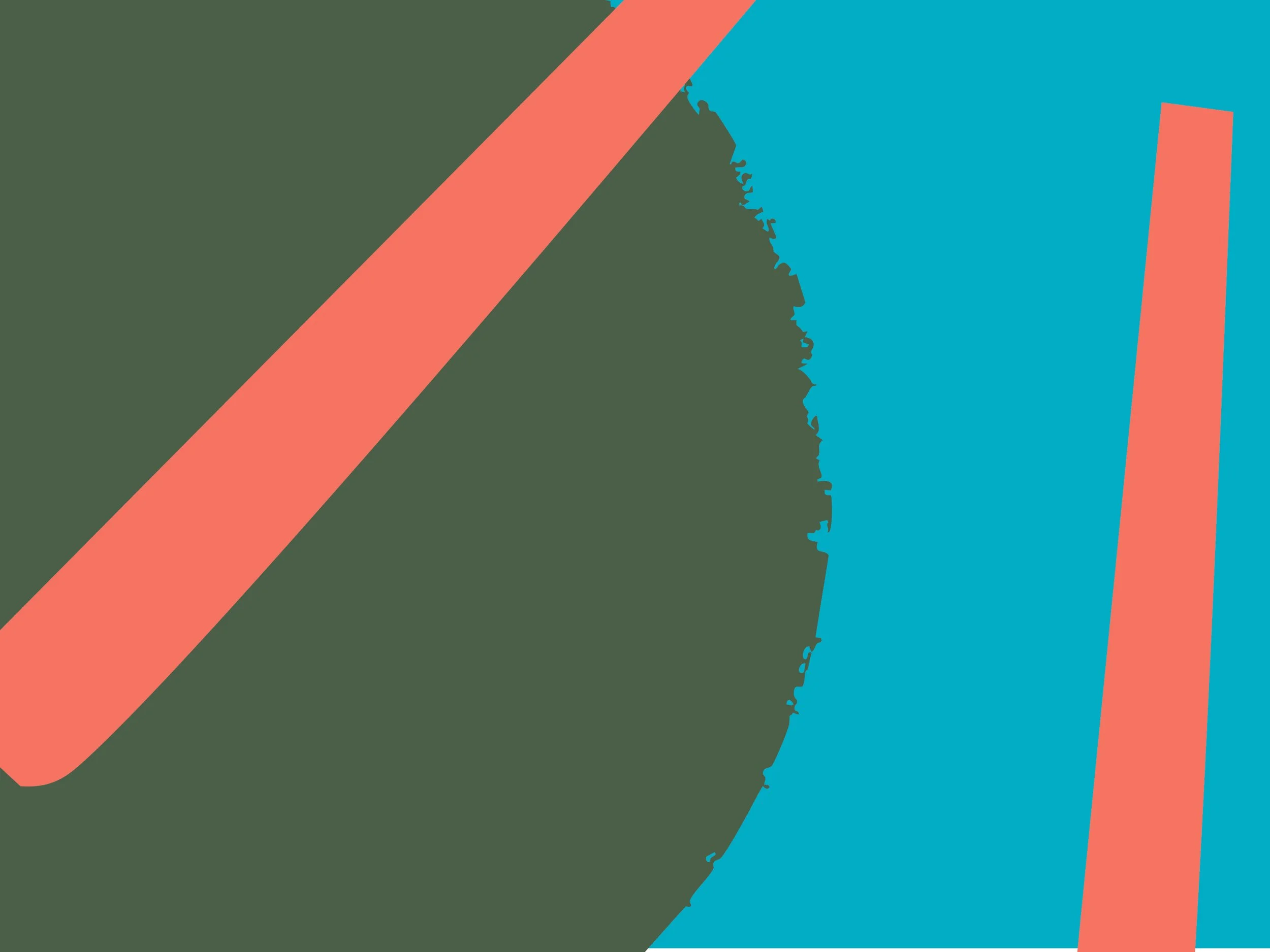Become a Peer Support Specialist in Oregon
What is Peer Support?
Peer Support Specialists are people who use their own lived experience of struggle, healing, and resilience to support others going through similar challenges. This is a professional role—peers are trained, certified, and recognized by the State of Oregon as part of the behavioral health workforce.
At the heart of peer work is connection, mutuality, and the belief that healing is possible. Peers hold space for hard conversations—about depression, addiction, trauma, even thoughts of suicide—without judgment or coercion. Done well, peer support feels like community care instead of a clinical transaction.
Is Being a Peer Support Specialist Right for Me?
Ask yourself:
Do I have lived experience with mental health challenges, trauma, addiction, disability, or navigating systems?
Am I ready to use those experiences to support others?
Can I hold difficult conversations with compassion?
Do I want to work as part of a team that values lived experience as expertise?
Do I long for a world where we don’t judge or assume we know best, but instead trust, believe, and honor each person’s truth as inherently whole?
Am I ready to step into this role?
Not everyone is ready right away—and that’s okay. Becoming a peer means drawing on your own lived experience, which can bring up strong emotions. Peer work often involves sitting with people through conversations about depression, trauma, addiction, or even thoughts of suicide.
That can mirror our own histories in powerful ways—sometimes beautiful, sometimes intense. It doesn’t mean you’re not cut out for the work if those conversations feel overwhelming. It simply means self-reflection is part of the process:
Am I in a place right now where I can hold this kind of space for others?
Do I have enough support around me so I won’t feel isolated in the role?
Am I ready to honor my own limits and take breaks when I need to?
Peer support thrives when we show up as whole people, not as perfect people. If you’re not ready yet, you can still begin learning and preparing—and come back to the work when it feels right.

"Peer work doesn’t ask us to be perfect. It asks us to be present."
How do I become a peer in Oregon?
Complete a State-Approved Training
Trainings are 40-80 hours and must be approved by the Oregon Health Authority (OHA).
OHA-approved Options include:
Intentional Peer Support (IPS Core Training)
Peer Wellness Specialist (via MHAO)
Programs by Project ABLE, NAMI, and others
TendWell’s PPS and PWS training (link to training page)
Apply for Your THW Number on OHA’s Website
THW = Traditional Health Worker number.
This is what allows you to bill Medicaid for peer services in Oregon.
Start Working as a Peer
Peers are employed in nonprofits, clinics, crisis teams, hospitals, and community organizations.
Do Out-of-State Programs Count?
Not usually. To work as a Peer Support Specialist in Oregon, you must complete an OHA-approved training. Out-of-state certifications generally won’t transfer unless explicitly recognized by OHA.
How Much Do Peer Support Specialists Make?
Starting pay in Oregon averages $18–24 per hour, with some positions paying more depending on experience and setting.
Full-time roles often include benefits, though many positions are part-time or grant-funded.
How Much Do Trainings Cost?
Trainings typically range from $400–$800.
Scholarships are sometimes available, but funding is limited and competitive.
Cost can be a barrier—which is why TendWell is working toward affordable, trauma-informed training options. Sign up below to stay informed on TendWell’s accessible financing and scholarship opportunities.
What’s the Job Outlook?
High demand. Peer support is one of the fastest-growing roles in behavioral health.
Oregon requires many programs to include peers in their workforce.
Career pathways exist: many peers go on to specialize (Peer Wellness Specialist, Family Peer, Youth Peer) or move into supervisory and training roles.
peer support Questions
Everyone has questions! Here are our most frequently asked ones. If you don’t see yours, get in touch and we will help to find you an answer.
-
No. The only requirement is lived experience and completion of an OHA-approved training.
-
Mental health challenges, substance use recovery, trauma survival, disability, navigating poverty, houselessness, or other systemic struggles.
-
Yes. Many peer roles are part-time, flexible, or based in community projects.
-
We connect graduates with partner organizations and offer mentorship to help you thrive.

"Your lived experience is enough. The only requirement is your willingness to show up with honesty and care."
TendWell’s Peer Training Program (Coming 2026)
We know the current system is hard to navigate and many trainings overlook people living at the intersections of queerness, neurodivergence, chronic illness, and trauma.
That’s why we’re launching TendWell’s Peer Support Certification + Mentorship Program in 2026.
Our training will be:
OHA-approved (so you qualify for THW certification)
Trauma-informed and accessible (with scholarships and flexible learning options)
Queer- and disability-affirming
Mentorship-based, with real-world support as you step into peer work
Designed by and for people living at the intersections of complex trauma, queerness, neurodivergence and invisible and chronic illnesses.
Beyond the state-required 40 hours, our upcoming program will offer three tiers of training with mentorship to help peers not only enter the field, but also sustain themselves and grow into leadership.
Join the Waitlist Now. Text us or sign up below to be the first to know when registration opens.
Join the Waitlist + Get Updates
Our Peer Support Specialist Certification + Mentorship Program launches in 2026. If you’ve been waiting for an affordable, trauma-informed training that values lived experience, this is it. Be the first to know when enrollment opens.
Prefer texting? Send us a quick message: Text “PEER TRAINING” to 971-260-9705 and we’ll add you to the waitlist.
